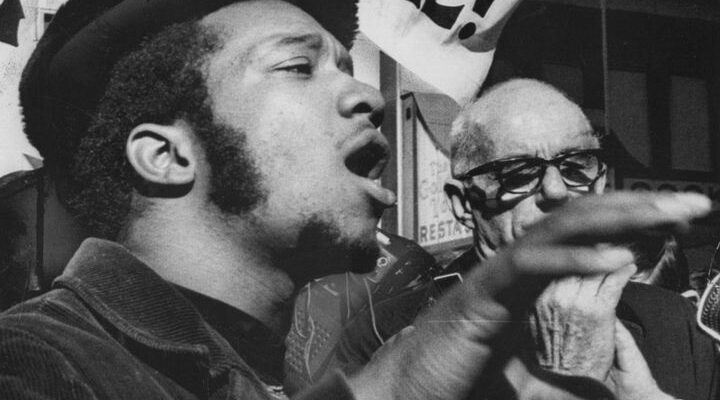The Black Panther Party (BPP) kicked off in 1966, right in the heart of Oakland, California. Picture this: America’s boiling. Civil rights are the talk of the town, but not everyone’s invited to the table. Enter Huey P. Newton and Bobby Seale, two visionaries tired of the status quo. They didn’t just want a seat at the table; they wanted to flip it over. So, they started something radical, something bold. The Black Panther Party wasn’t your typical civil rights gig. It was about self-defense, about standing tall when society wanted you to sit down and shut up.
Now, think about controversy. It’s like catnip for the media. And the Panthers? They were swimming in it. Their call to arms, literally for some, was revolutionary. They patrolled their neighborhoods, guns in hand, watching the police like hawks. But here’s where it gets even richer. They didn’t stop at patrols. They launched free breakfast programs for kids, health clinics for the sick, and education programs. Additionally, they were community heroes to some, villains to others.
Fast forward to today, and the Panthers’ legacy is a mosaic of triumph, tragedy, and everything in between. The 10 folks we’re diving into? They’re the heart and soul of this story. Each one, a chapter. Each chapter, a rollercoaster of ideals, battles, and, yes, controversy. But let’s clear the air: this isn’t just about the past. It’s about understanding how yesterday’s battles shape our today and tomorrow.
So, buckle up—oops, scratch that—get ready for a ride into the lives of the Black Panther Party’s most controversial figures. It’s a journey through time, ideals, and the endless fight for justice.
10 – Huey P. Newton: Co-founder; His Leadership and Legal Troubles
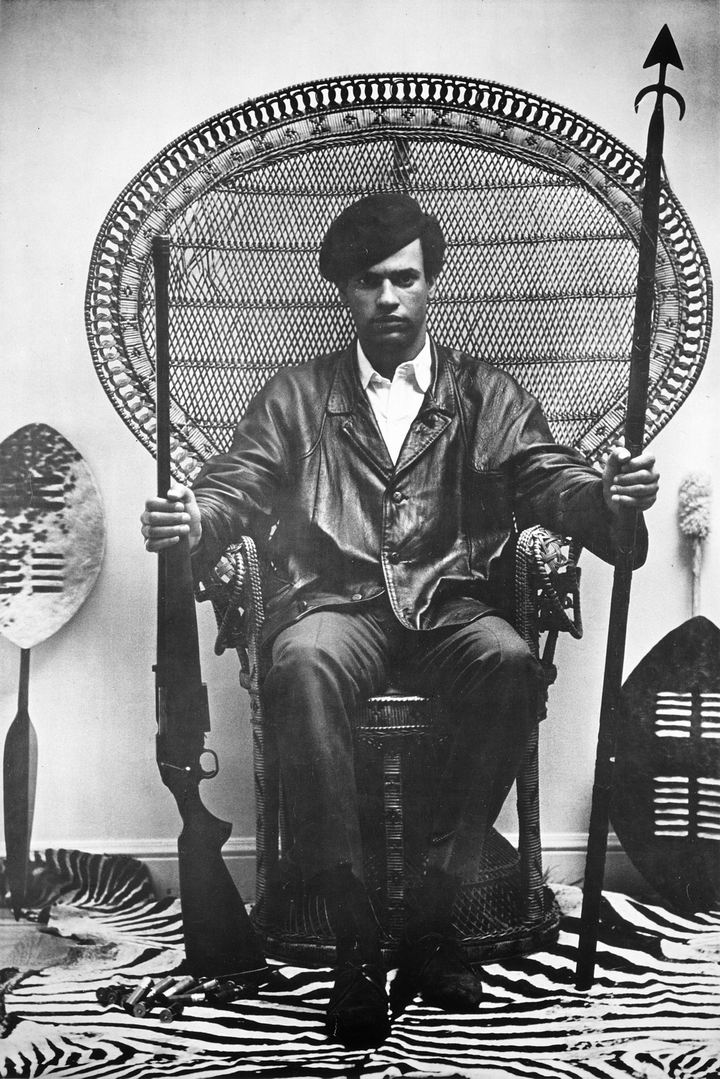
Huey P. Newton’s story is a profound blend of revolutionary leadership and legal entanglements. As a co-founder of the Black Panther Party, Newton’s intellect and determination propelled the party’s agenda of self-defense and social programs forward. Under his guidance, the Panthers established community health clinics and the Free Breakfast for Children Program, leaving an indelible mark on civil rights activism. However, Newton’s journey wasn’t without its pitfalls. His confrontations with the law, including a highly publicized trial for the killing of an Oakland police officer, stirred national debate. These legal battles, while challenging, underscored his resilience and commitment to the Panthers’ cause. Even as they spotlighted the intense scrutiny Black Panther leaders faced from the FBI’s COINTELPRO operation.
09 – Bobby Seale: Co-founder; His Political Trials and Activism
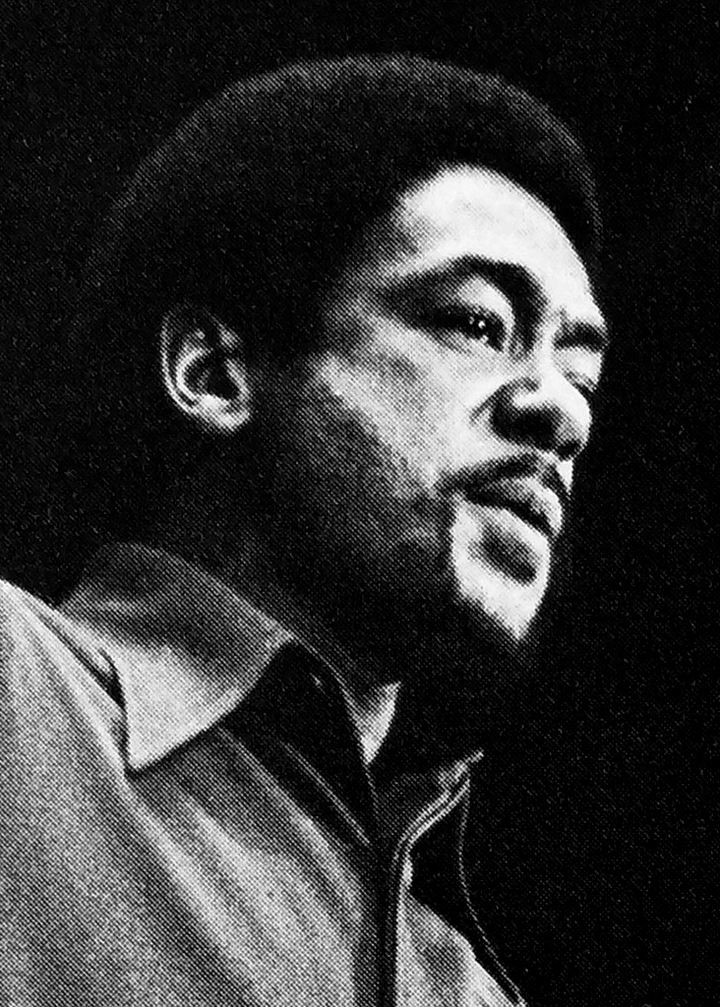
Bobby Seale’s narrative weaves through the heart of political activism and the judicial system’s labyrinth. As the Black Panther Party’s co-founder, Seale’s voice echoed beyond protests. It resonated in courtrooms where he faced trials that tested the limits of free speech and assembly. His most notable legal battle occurred during the 1969 Chicago Eight trial, where his bound and gagged appearance in court became a symbol of judicial prejudice and propelled discussions on racial injustice in America. Beyond his trials, Seale’s activism, including efforts to monitor police behavior and advocate for community control, remains a crucial part of the Black Panther legacy, illustrating the power and perils of political engagement.
08 – Eldridge Cleaver: His Radical Views and Split from the Party
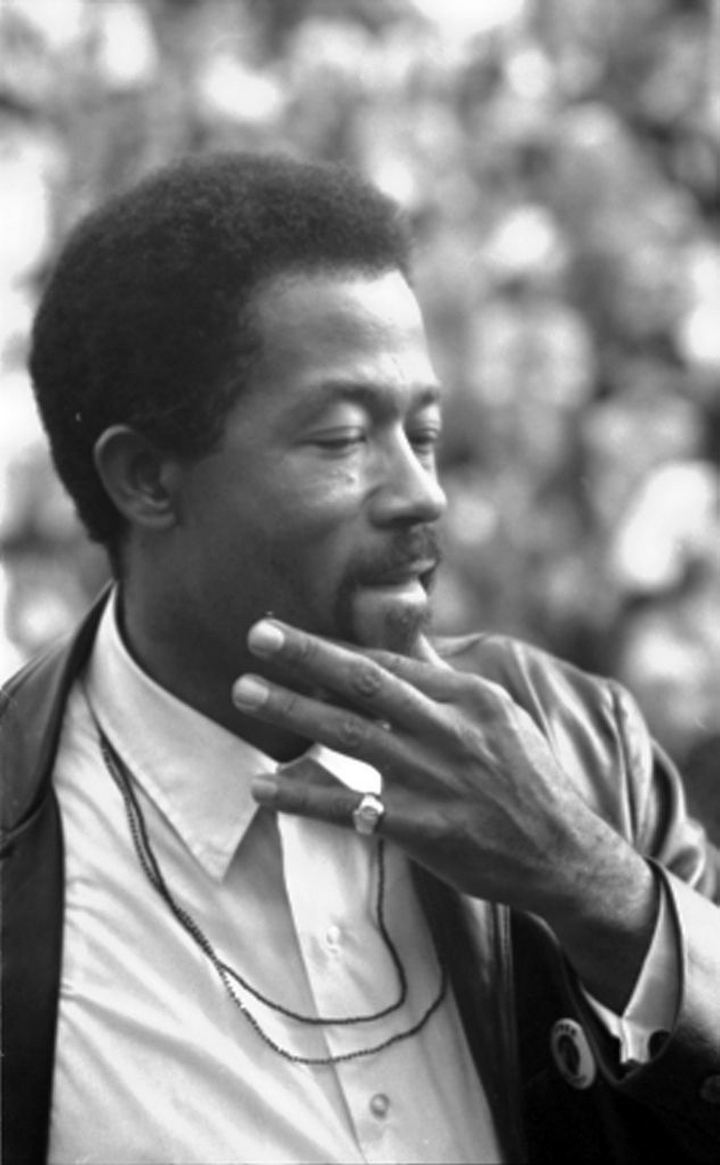
Eldridge Cleaver’s journey with the Black Panther Party is a tale of radical transformation and ideological divergence. Initially serving as the Party’s Minister of Information, Cleaver’s eloquent advocacy for Black liberation and his critique of institutional racism were foundational to the Panthers’ message. However, his radical views, especially advocating for armed conflict as a means to achieve social justice, eventually led to internal conflicts. After a shootout with Oakland police in 1968, Cleaver fled to Algeria, marking the beginning of his estrangement from the party. This split underscores the complex dynamics within the Panthers and the challenging balance between radical ideology and practical activism in the fight for civil rights.
07 – Fred Hampton: His Charismatic Leadership and Tragic Death
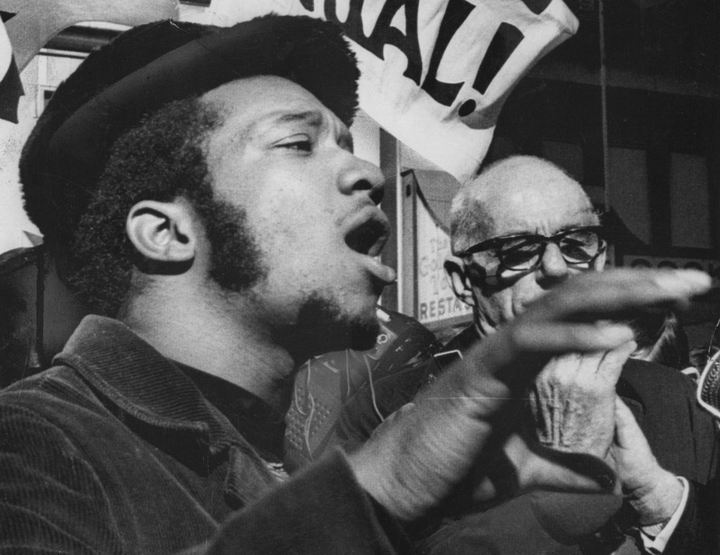
Fred Hampton’s legacy is a powerful testament to the potential of charismatic leadership and the tragic cost of political activism. As the chairman of the Illinois chapter of the Black Panther Party, Hampton was instrumental in forming the Rainbow Coalition, a groundbreaking alliance between major Chicago street gangs, aimed at reducing violence and improving community services. His ability to unite diverse groups under a common cause demonstrated an unparalleled leadership prowess. However, Hampton’s rising influence also made him a target of the FBI’s COINTELPRO, leading to his assassination in a police raid in 1969. His death, at just 21 years old, became a rallying cry against police brutality and government overreach, cementing his status as a martyr for racial justice and equality.
06 – Angela Davis: Her Association with the Party and Legal Battles
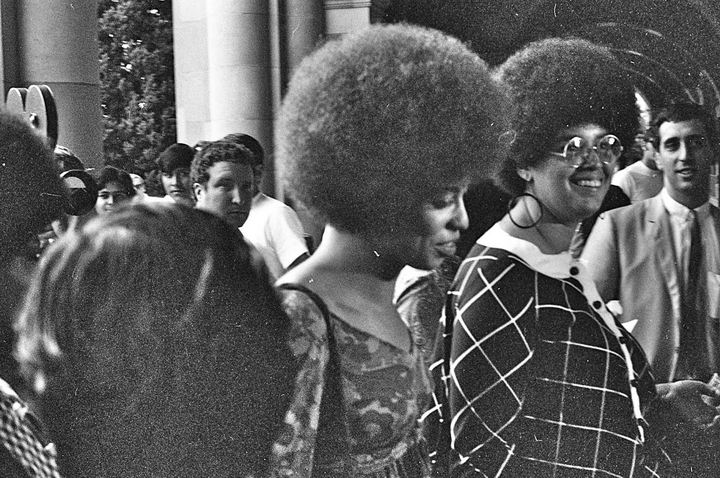
Angela Davis stands out not just for her influential academic work and political activism but also for her deep connections to the Black Panther Party and her high-profile legal struggles. Known for her fierce advocacy for prisoners’ rights and racial justice, Davis’s affiliation with the Panthers added a powerful voice to the movement’s calls for systemic change. Her most notorious legal battle came after her alleged involvement in a 1970 courthouse shootout, leading to one of the most celebrated trials of the era. Davis’s acquittal became a significant victory against political repression, showcasing the strength of international solidarity campaigns and the importance of legal defense funds. Angela Davis’s journey from FBI’s Most Wanted to a revered scholar and activist underscores the transformative power of resistance and resilience.
05 – Elaine Brown: Her Leadership and Contributions to Gender Discussions within the Party
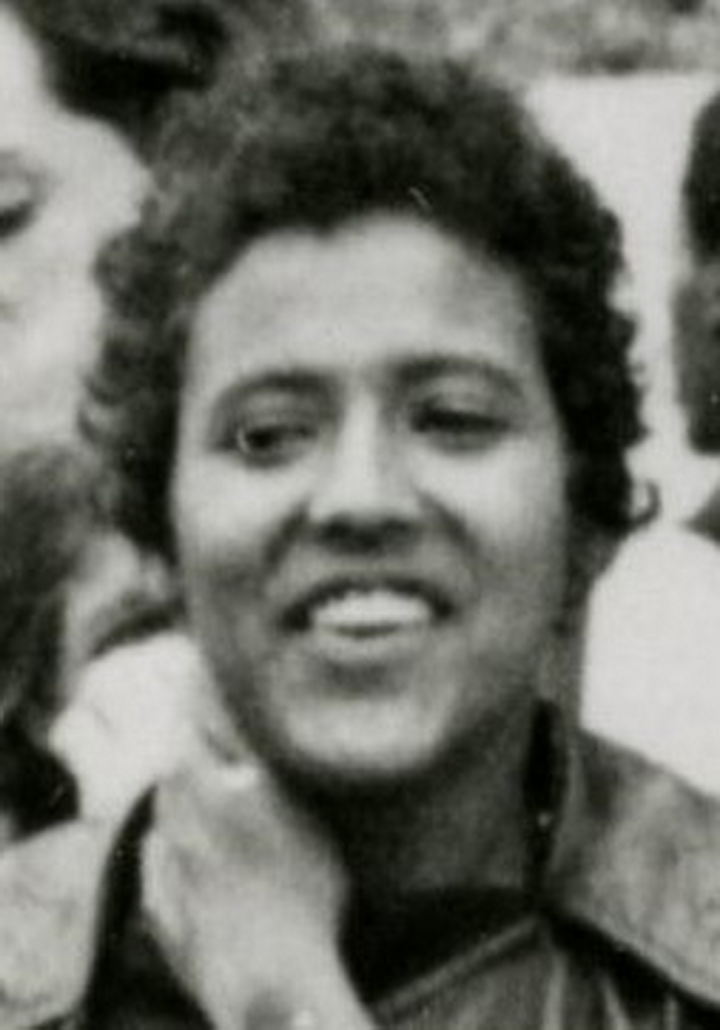
Elaine Brown’s ascension to the leadership of the BPP marked a significant moment for women’s roles in political movements. As the first woman to lead the Panthers, Brown not only steered the party through turbulent times but also placed a stronger emphasis on gender equality within its ranks. Under her leadership, the party expanded its focus on community services, including education and healthcare, demonstrating a holistic approach to liberation. Brown’s work challenged the male-dominated narratives of the civil rights movement, highlighting the indispensable role of women in political activism. Her memoir, “A Taste of Power,” provides an insightful look into her life, the internal dynamics of the party, and the struggle for gender equality, offering valuable lessons on leadership and empowerment.
04 – Stokely Carmichael (Kwame Ture): His Role and Ideological Shift Influencing the Party
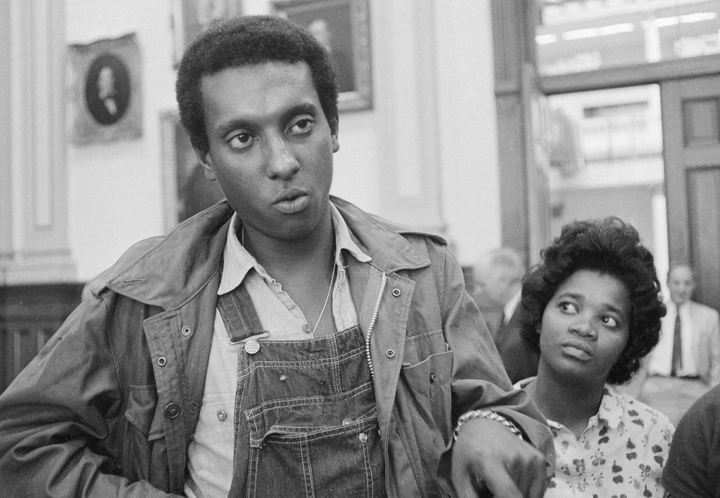
Stokely Carmichael, later known as Kwame Ture, was a dynamic force in the civil rights movement, whose ideological evolution left a lasting impact on the Black Panther Party. Initially rising to prominence in the Student Nonviolent Coordinating Committee (SNCC), Carmichael’s shift towards Black nationalism and his call for “Black Power” resonated with the Panthers’ objectives. His involvement underscored the ideological diversity within the black liberation movement and helped bridge the gap between nonviolent protest and more militant self-defense strategies. Carmichael’s international activism and eventual embrace of Pan-Africanism further expanded the Panthers’ global perspective, illustrating the interconnectedness of anti-colonial struggles and the fight against racial oppression worldwide.
03 – Assata Shakur: Her Activism, Legal Issues, and Escape
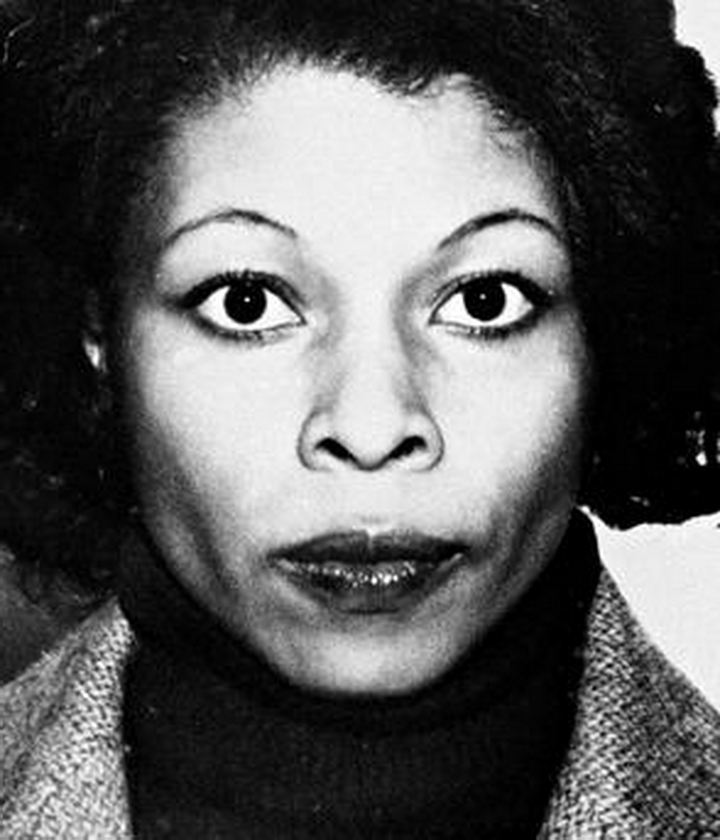
Assata Shakur’s life is a narrative of relentless activism, a fraught legal saga, and a daring escape that turned her into an emblem of resistance against state oppression. A member of the Black Panther Party and the Black Liberation Army, Shakur was involved in several charges, including the murder of a New Jersey state trooper, leading to her controversial conviction. Her escape from prison in 1979 and subsequent asylum in Cuba has been a point of contention, symbolizing, for many, the struggle against an unjust criminal justice system. Shakur’s autobiography, “Assata: An Autobiography,” is revealing. It dives deep into her thoughts and trials. It also explores her fight for freedom. Her story becomes a key part of the discussion on political asylum and human rights.
02 – George Jackson: His Writings, Militancy, and Death
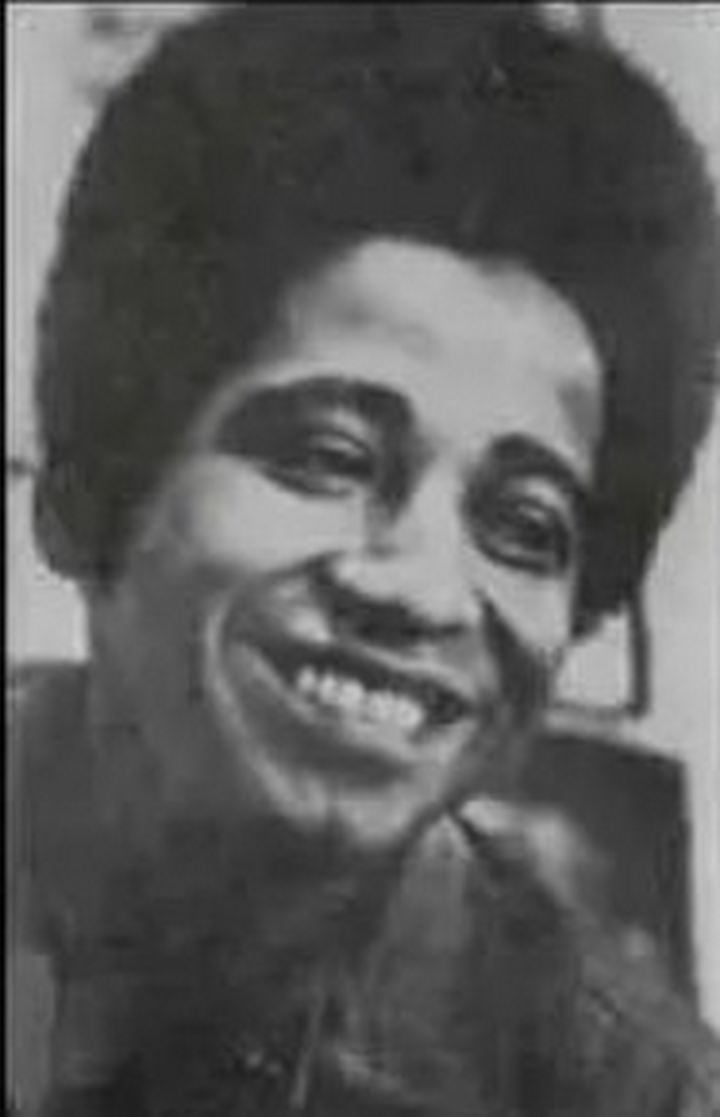
George Jackson’s life story is a compelling testament to the power of self-education and radical militancy within the confines of the American prison system. Known for his poignant writings from prison, including the seminal work “Soledad Brother: The Prison Letters of George Jackson,” his intellectual journey from petty criminal to revolutionary thinker underscores the transformative potential of critical thought against systemic injustice. Jackson’s leadership in the Black Panther Party while incarcerated highlighted the intersection of criminal justice reform and racial liberation movements. His death in 1971 during an attempted prison escape became a flashpoint, igniting debates on prisoners’ rights, the militarization of law enforcement, and the use of solitary confinement. Jackson’s legacy, marked by his indelible contributions to Black revolutionary thought and the ongoing struggle against the carceral state, continues to inspire activists and scholars alike.
01 – Bunchy Carter: His Leadership in Los Angeles and His Murder
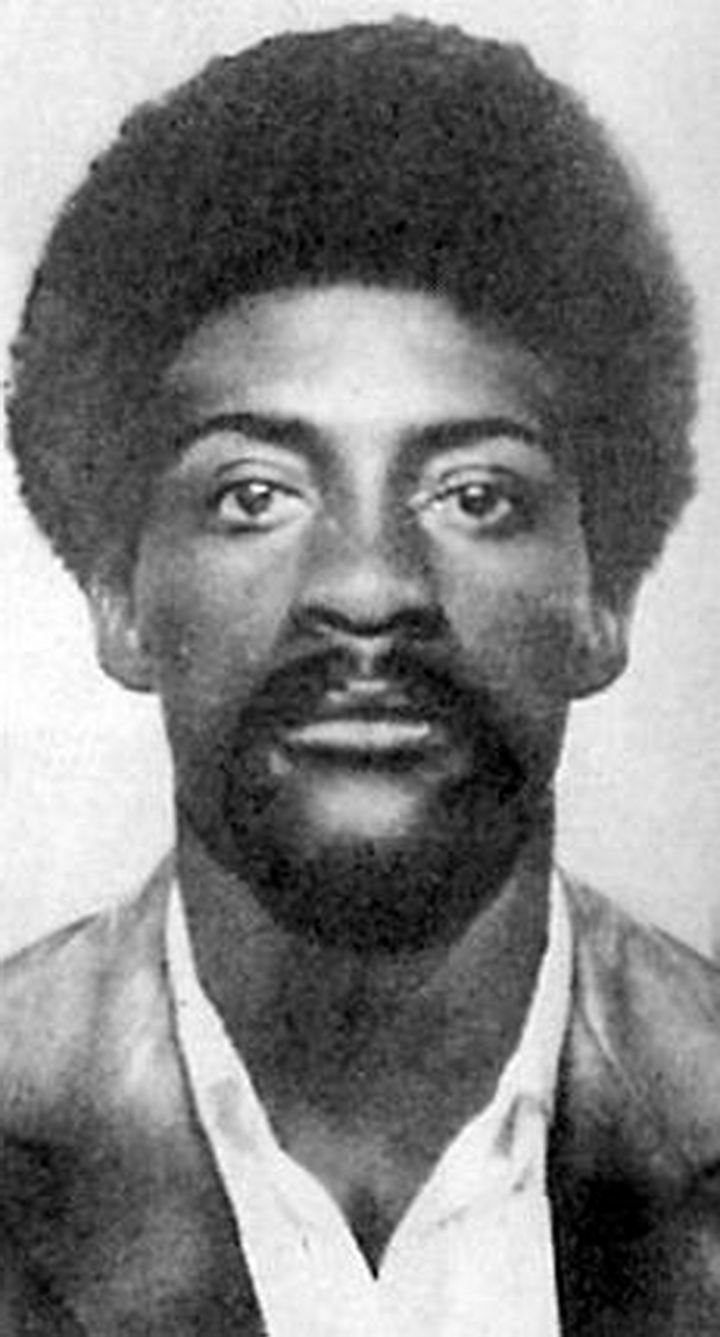
Alprentice “Bunchy” Carter’s narrative is a remarkable account of transformation and leadership within the Black Panther Party’s Los Angeles chapter. Initially a leader of the Slauson street gang, Carter’s shift towards political activism underlines the potential for personal evolution and the impact of community leadership. As the founder of the LA chapter of the Panthers, Carter was pivotal in bridging the gap between gang members and political activists, fostering unity in the fight against racial oppression. His efforts to build the Party’s community programs demonstrated a commitment to practical solutions for systemic issues.
Tragically, Carter’s assassination in 1969 at UCLA, amid a conflict fueled by FBI’s COINTELPRO tactics, cut short a promising leadership journey. Carter’s death not only highlighted the risks faced by Black leaders but also the government’s role in exacerbating intra-community tensions. His legacy, though marred by violence, serves as a poignant reminder of the cost of leadership in the struggle for justice and the importance of community solidarity.
The Enduring Influence of the Black Panther Party on Modern Movements
The Black Panther Party’s legacy is not confined to the past. It continues to resonate powerfully in today’s struggles for social justice and equality. As we look at the landscape of modern activism, the echoes of the Panthers’ calls for systemic change are unmistakable in the principles and actions of contemporary movements. This section delves into how the Black Panther Party’s strategies, ethos, and community programs have shaped and inspired current efforts to combat racial and social injustices.
The Panthers’ Blueprint for Community Engagement
One of the most significant contributions of the BPP to the fabric of social activism was its comprehensive approach to community service. These initiatives were not just acts of charity but radical acts of empowerment and resistance against systemic oppression. Modern movements continue to draw inspiration from the Panthers’ blueprint, implementing programs that address:
- Educational Empowerment: Free tutoring programs and educational workshops.
- Healthcare Access: Free medical clinics and health education.
- Food Security: Food drives and community gardens.
- Police Accountability: Monitoring police activities and advocating for community control over policing.
Modern Echoes of Panther Ideology
The ideological legacy of the BPP is evident in the principles that guide many of today’s social justice movements. From Black Lives Matter to environmental justice campaigns, the Panthers’ influence can be seen in:
- The emphasis on community self-determination and empowerment.
- The fight against institutional racism and police brutality.
- The call for economic justice and access to resources for marginalized communities.
- The global solidarity with oppressed peoples worldwide.
Challenges and Adaptations
While modern movements are indebted to the BPP’s pioneering work, they also navigate a changed and evolving landscape of activism. Today’s activists have adapted the Panthers’ strategies to confront contemporary challenges, leveraging:
- Digital Activism: Utilizing social media and online platforms to organize, educate, and mobilize.
- Intersectionality: Recognizing and addressing the interconnected nature of social categorizations such as race, class, and gender.
- Global Networks: Building solidarity and support across borders through international alliances.
The BPP’s enduring influence on modern movements is a testament to its visionary approach to activism and social justice. By blending direct action, community programs, and a radical critique of systemic injustices, the Panthers laid down a blueprint that continues to inspire and challenge today’s activists. As we reflect on their legacy, it’s clear that the fight for justice and equality is ongoing, with each generation drawing on the wisdom and lessons of the past to forge new paths forward.
In exploring the connection between the Black Panther Party and modern movements, we not only honor the contributions of those who came before us but also recommit to the pursuit of a more just and equitable world. The Panthers’ story reminds us that change is possible when communities come together to demand and work for it.


